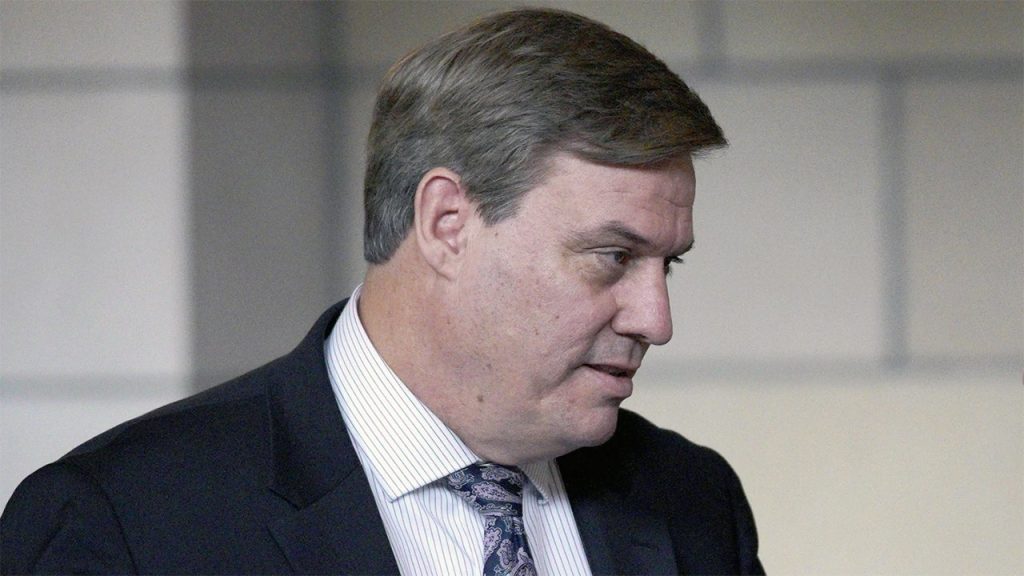A state lawmaker in Nebraska, Sen. Mike McDonnell, has stated his opposition to changing how the state allocates its electoral votes, which could potentially impact the Republican Party’s efforts to secure all of the state’s electoral votes for former President Trump. McDonnell believes that elections should provide an equal voice to all voters, regardless of party affiliation or location, and he values the attention that Omaha receives during presidential campaigns. He has decided not to support any changes to the electoral college system before the 2024 election, citing the need for further consideration and input from his constituents and national leaders.
Despite pressure from fellow Republicans and Governor Pillen, McDonnell has stood firm in his decision to maintain the current system of allocating Nebraska’s electoral votes, rather than changing to a winner-take-all approach like 48 other states. He has expressed his desire for the people of Nebraska to have a say in how their electoral votes are distributed and believes that the issue should be put to a vote on the ballot in the future. By opposing any changes before the 2024 election, McDonnell has effectively prevented Republicans from securing a two-thirds majority needed to implement a new system.
Former President Trump has criticized McDonnell for his refusal to support changing the electoral college system in Nebraska, claiming that it would have simplified the process and potentially favored Republican candidates. Trump expressed his preference for a winner-take-all allocation of electoral votes in Nebraska, emphasizing his past success in winning the state and his desire to do so again in the future. Despite Nebraska’s historical support for Republican candidates, President Biden won the Second Congressional District in Omaha in 2020, highlighting the potential impact of individual districts on the overall outcome of the presidential election.
Nebraska is one of nine states that have consistently supported Republican candidates in presidential elections since 1964, but it has not had a winner-take-all rule in place since 1991. In previous elections, Republican candidates have generally won all of Nebraska’s electoral votes, but there have been instances where Democratic candidates have won individual districts. The potential significance of Nebraska’s electoral votes in a close election was highlighted in a scenario where a victory in the Second Congressional District could lead to a tie of 269-269, necessitating a decision by the U.S. House of Representatives. This outcome could favor Trump or Harris, depending on the composition of the House.
The decision by Sen. Mike McDonnell to oppose changes to Nebraska’s electoral college system reflects his belief in giving constituents a voice in how their votes are allocated. While his stance has created challenges for Republicans seeking to secure all of the state’s electoral votes for former President Trump, it also underscores the importance of considering the impact of electoral rules on the democratic process. As the state prepares for the upcoming election, the debate over how Nebraska’s electoral votes should be distributed highlights the broader discussion around electoral reform and the role of individual districts in shaping election outcomes.













